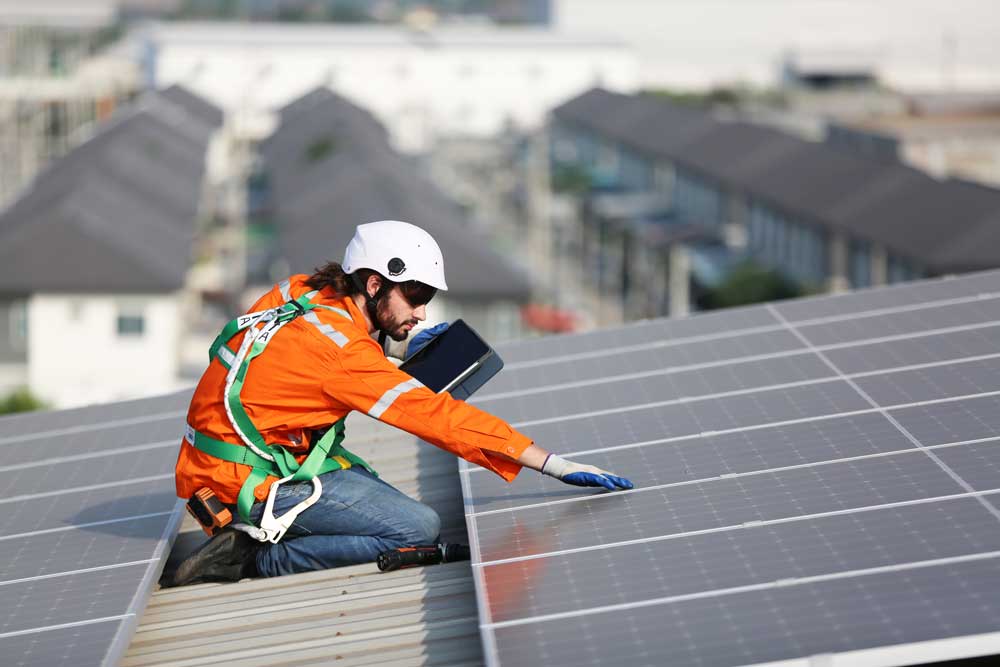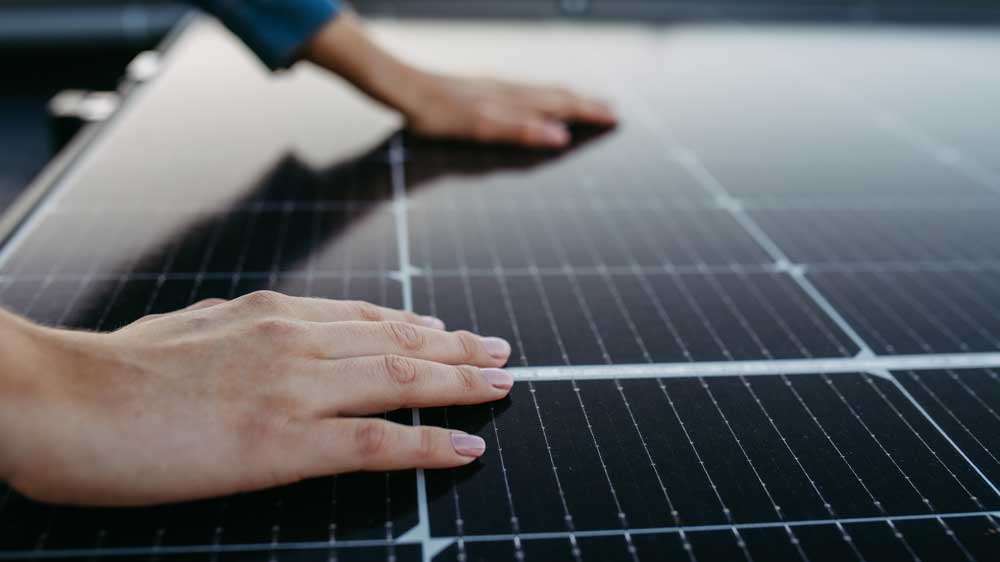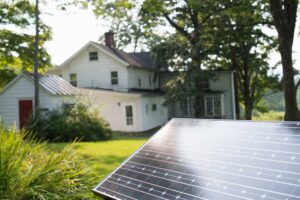As the demand for sustainable energy solutions surges, harnessing the power of solar panels has become a popular choice for environmentally-conscious homeowners and businesses alike. However, with a myriad of solar panel sizes available in the market, navigating the options can be overwhelming. Fear not, for this comprehensive guide is designed to equip you with the knowledge and insights to make well-informed decisions that align with your energy goals.
In this guide, we will walk you through the essential aspects of solar panel sizing, shedding light on the factors that influence panel dimensions and how they impact energy generation. Whether you seek to power your residential property with green energy or integrate solar solutions into your commercial venture, understanding the right solar panel size is paramount to maximising efficiency and cost-effectiveness. Let’s embark together on a path toward a greener, brighter future with the perfect solar panel fit.
The Dimensions of Solar Panels
The dimensions of solar panels vary depending on the manufacturer and the type of panel. However, there are some general dimensions that most solar panels share.
The most common size for solar panels is 60 cells by 100 cells. This means that the panel is 60 inches long and 100 inches wide. However, there are also 72-cell and 96-cell solar panels available. These panels are larger than 60-cell panels, but they also produce more electricity.
The thickness of solar panels also varies. Most solar panels are about 1/2 inch thick. However, there are also thinner and thicker solar panels available. The thickness of the panel affects its durability and its ability to withstand high winds and snow loads.

How the Dimensions of Solar Panels Affect Performance
The dimensions of solar panels affect their performance in a few ways. First, the size of the panel affects how much sunlight it can collect. A larger panel can collect more sunlight, which means that it can produce more electricity.
Second, the thickness of the panel affects its efficiency. A thinner panel is more efficient because it loses less energy through heat conduction.
Finally, the shape of the panel affects its performance. A panel with a curved surface can collect more sunlight than a panel with a flat surface.
Choosing the Right Solar Panels
When it comes to choosing the right solar panels, there are several critical factors to consider to ensure optimal performance and long-term benefits. First and foremost, assessing your energy needs and consumption patterns is essential. Understanding your electricity usage will guide you in determining the appropriate size and capacity of the solar panel system required to meet your specific requirements. Additionally, consider your available roof space or any potential installation areas to determine the number and layout of solar panels that can be accommodated.
Another vital aspect to consider is the type of solar panel technology that best suits your needs. Monocrystalline, polycrystalline, and thin-film solar panels each have their unique advantages and efficiency levels. Monocrystalline panels, known for their high efficiency, are ideal for limited roof space, while polycrystalline panels offer a cost-effective solution for larger installations. Thin-film panels, on the other hand, are lightweight and versatile, making them suitable for unconventional installation surfaces. Additionally, be sure to look for solar panels with reputable certifications, such as the International Electrotechnical Commission (IEC) and Underwriters Laboratories (UL), to ensure their quality and reliability.
By carefully evaluating your energy needs, available space, and the type of solar panel technology, you can make an informed decision when choosing the right solar panels for your home or business. Investing in the best-suited solar panel system will not only maximise energy generation but also pave the way for substantial long-term savings and a greener, more sustainable future.








